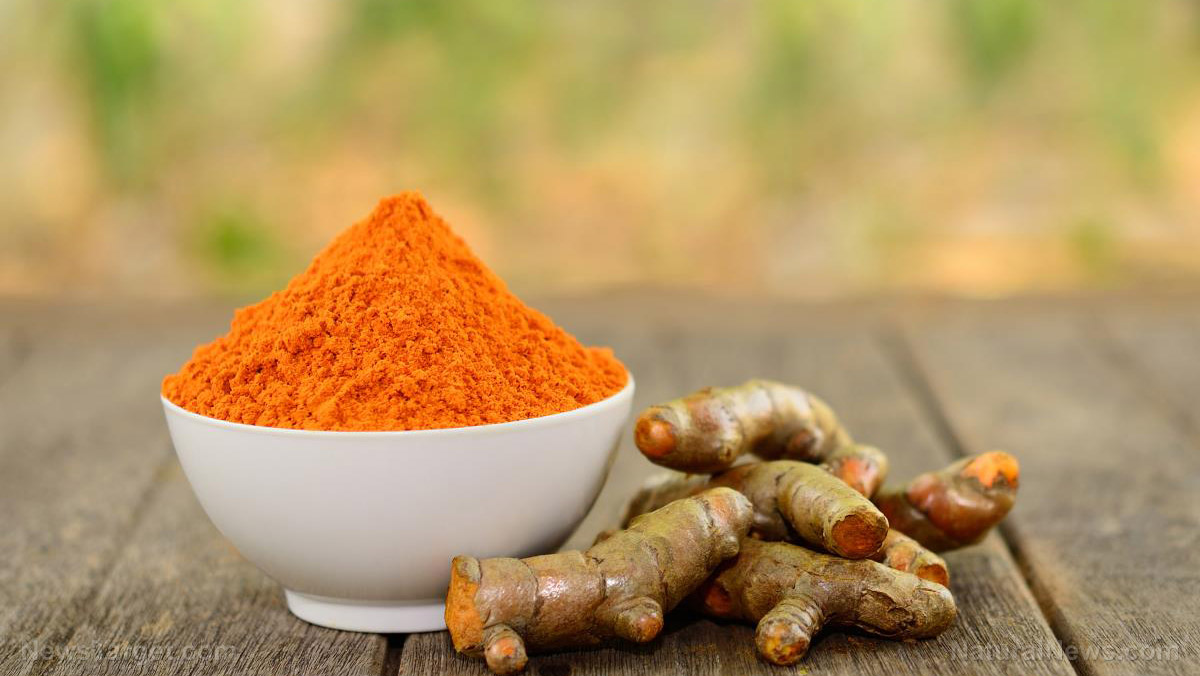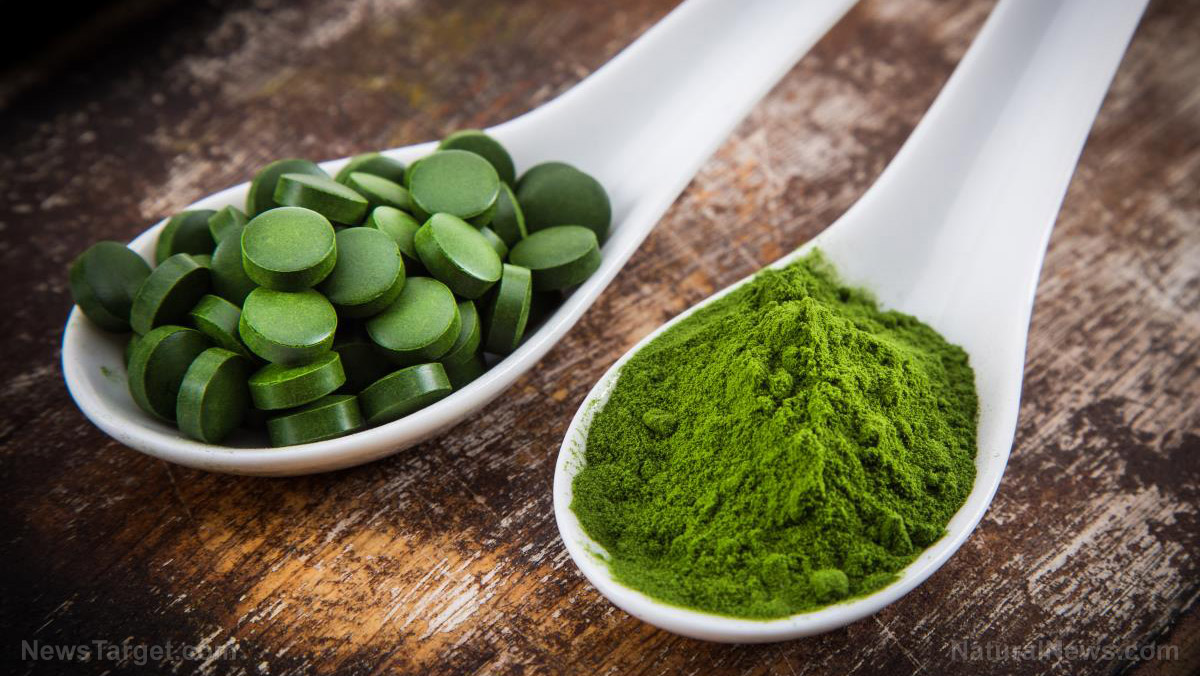Being deficient in magnesium increases your risk of pancreatic cancer by 76%
10/13/2018 / By Ethan Huff

Pancreatic cancer: It’s a silent killer that now claims the lives of as many as 55,000 people every single year. But a new study suggests that magnesium, a simple, inexpensive trace mineral, may be powerfully effective in helping to stamp it out without the need for chemotherapy or radiation.
The latest World Health Organization (WHO) statistics reveal that at least 60 percent of American adults are deficient in magnesium, which we know supports hundreds of important biological actions inside the body. And this widespread deficiency, research now shows, is directly associated with an increased risk of pancreatic cancer, as well as a slew of other diseases.
A recent study published in the British Journal of Cancer took a closer look at the relationship between magnesium and pancreatic cancer. Scientists evaluated more than 66,000 participants between the ages of 50 and 76, 151 of whom developed pancreatic cancer during the course of the study.
After conducting a comparative analysis of magnesium levels among the participants, the research team found that for every 100 milligram (mg) decrease in daily magnesium intake, a participant’s risk of pancreatic cancer increased by a whopping 24 percent. Further, if a participant’s daily intake of magnesium dropped below 75 percent of the government’s recommended daily allowance (RDA), then his or her risk of pancreatic cancer skyrocketed by an astounding 76 percent.
Magnesium helps to balance blood sugar levels, further reducing risk of pancreatic cancer
The Institute of Medicine (IOM) recommends that adult men intake at least 420 mg of magnesium per day, and adult women intake at least 320 mg of magnesium per day. This is the bare minimum, it’s important to note, for keeping magnesium stores high enough in the body to minimize the risk of other preventable health conditions such as diabetes.
The power of the elements: Discover Colloidal Silver Mouthwash with quality, natural ingredients like Sangre de Drago sap, black walnut hulls, menthol crystals and more. Zero artificial sweeteners, colors or alcohol. Learn more at the Health Ranger Store and help support this news site.
Other studies have found that supplementing with magnesium helps to balance blood sugar levels, in turn minimizing the risk of insulin resistance. When the body is unable to effectively turn glucose into fuel due to insulin resistance, the risk of pancreatic cancer increases dramatically.
This would explain why roughly 80 percent of all people with pancreatic cancer also have either diabetes or some other form of glucose intolerance such as pre-diabetes. Individuals diagnosed with diabetes have as much as a 700 percent increased risk of developing pancreatic cancer within three years.
Related research published in the journal Diabetes Care found that, among the 5,000 participants evaluated, those with the highest levels of daily magnesium intake were 47 percent less likely to develop diabetes. This further reiterates the power of magnesium to help control blood sugar levels, and thus minimize the risk of pancreatic cancer.
Magnesium deficiency linked to many degenerative illnesses
A lack of magnesium is further associated with many other health conditions, especially in elderly people. Studies have linked magnesium deficiency to age-related macular degeneration, bone loss (osteoporosis), insomnia, and restless leg syndrome, among others.
A 2016 meta-analysis of 40 different clinical trials found that more magnesium helps to reduce the risk of stroke, heart failure, and as we previously covered, type-2 diabetes. Adding an additional 100 mg of magnesium to one’s daily routine was found to help reduce the risk of heart failure by 22 percent, as well as reduce the risk of dying from any cause by 10 percent.
“Magnesium is needed for over 300 different metabolic processes in the human body, including the contraction of muscles, the transmission of nerve impulses, the building of bone and the synthesis of DNA and protein,” explains NaturalHealth365.com.
“Other tasks facilitated by magnesium include metabolizing insulin, regulating blood pressure and producing ATP – the ‘energy’ molecule.”
For more news about the healing power of nature, be sure to check out NaturalCures.news.
Sources for this article include:
Tagged Under: cancer, deficiency, Magnesium, minerals, nutrients, pancreatic cancer, prevention, Study, supplement, trace mineral




















